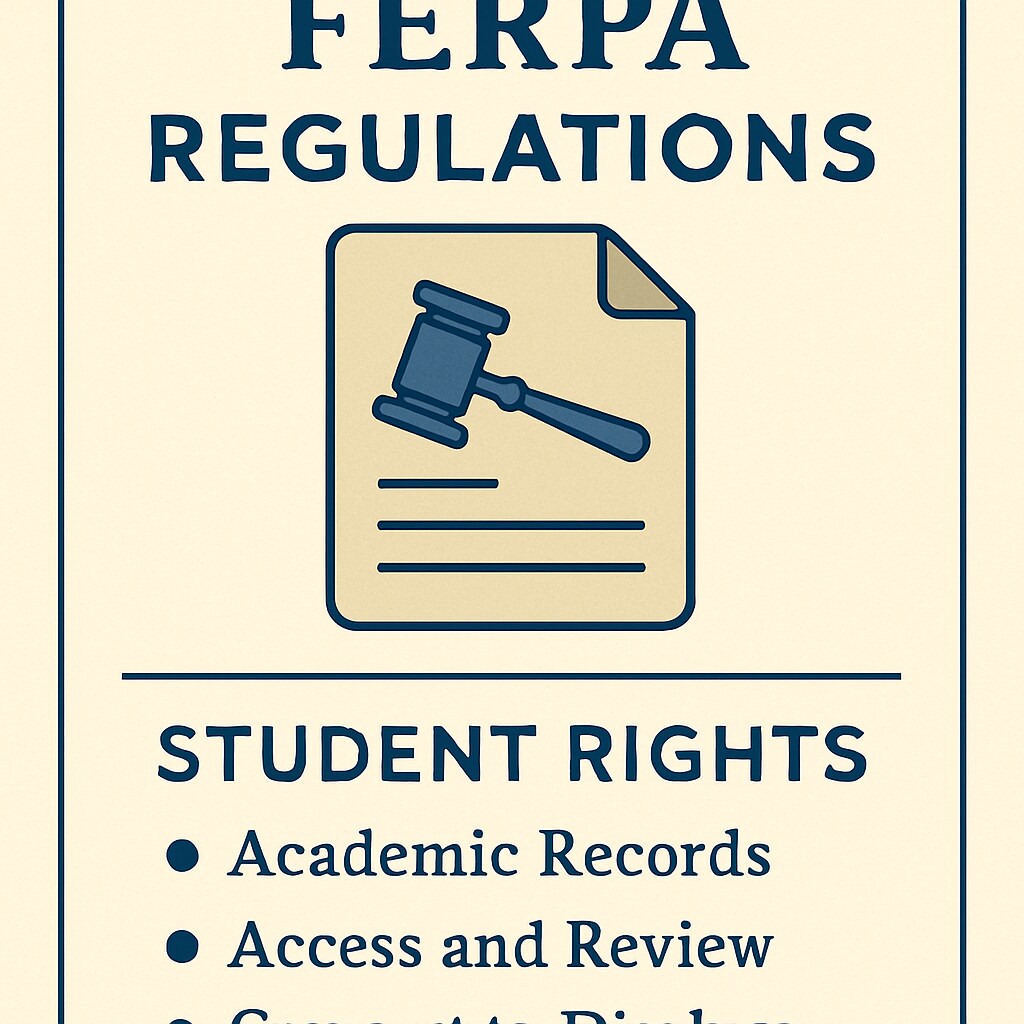Obtaining academic transcripts in situations involving unpaid fees can be challenging for families navigating the K-12 education system. The financial burden of outstanding balances may seem like an insurmountable barrier, but understanding the rights and legal policies surrounding this issue can help parents and students secure their educational records. This article will explore how students can access their transcripts despite unpaid fees, offering practical advice and legal insights to address this sensitive subject.
Understanding the Legal Framework
In many jurisdictions, policies govern whether schools can withhold academic transcripts due to unpaid fees. For example, in the United States, several states have laws that explicitly prohibit schools from denying access to transcripts based solely on financial obligations. These regulations are designed to protect the educational rights of students, ensuring that financial challenges do not create unnecessary barriers to academic progression or professional opportunities.
For instance, the Family Educational Rights and Privacy Act (FERPA) explains students’ rights regarding educational records. FERPA ensures that students and parents have access to educational transcripts and other academic records. In addition, some states have specific laws that override institutional policies allowing transcript withholding. It is essential to research your local laws to understand your rights fully.

Practical Strategies for Obtaining Transcripts
When facing unpaid fees, families can take several steps to legally and ethically obtain academic transcripts:
- Communicate with the School: Open communication with school administrators can help clarify the situation and explore possible resolutions. Some schools may offer payment plans or waive small balances to release transcripts.
- Request Partial Records: In some cases, schools might agree to provide partial or unofficial copies of transcripts for urgent needs, such as college applications or professional exams.
- Seek Legal Support: If the school refuses to release transcripts despite state or federal protections, consulting an educational attorney may help resolve the issue.
- Utilize External Resources: Organizations like local advocacy groups or education-focused nonprofits may assist families in navigating these challenges.
These approaches ensure that students can continue advancing academically and professionally without undue delays caused by financial constraints.

Balancing Financial Obligations and Education Rights
While accessing transcripts is vital, families should also prioritize resolving unpaid balances to maintain a positive relationship with the school. Many schools rely on tuition and fees to fund educational programs, and unpaid balances can strain their resources. Therefore, parents should explore ways to fulfill financial obligations while advocating for their children’s academic rights.
Options to address unpaid fees include:
- Applying for financial aid or scholarships to reduce the overall debt.
- Negotiating a manageable payment schedule with the school.
- Seeking community assistance programs designed to help struggling families.
By addressing both financial and academic concerns simultaneously, families can mitigate long-term consequences while ensuring access to essential educational records.
Conclusion
Unpaid fees should not create insurmountable barriers for accessing vital academic records, such as transcripts. By understanding legal protections, exploring practical solutions, and balancing financial commitments, families can navigate this complex situation effectively. Protecting educational rights while addressing financial challenges is achievable with the right approach and resources. For more information on related policies, consider consulting resources such as Britannica’s education section.
Readability guidance: Use short paragraphs to ensure clarity, incorporate lists to summarize key points, and strategically place transition words to improve flow. This article avoids excessive passive voice and maintains an accessible language level for readers.


